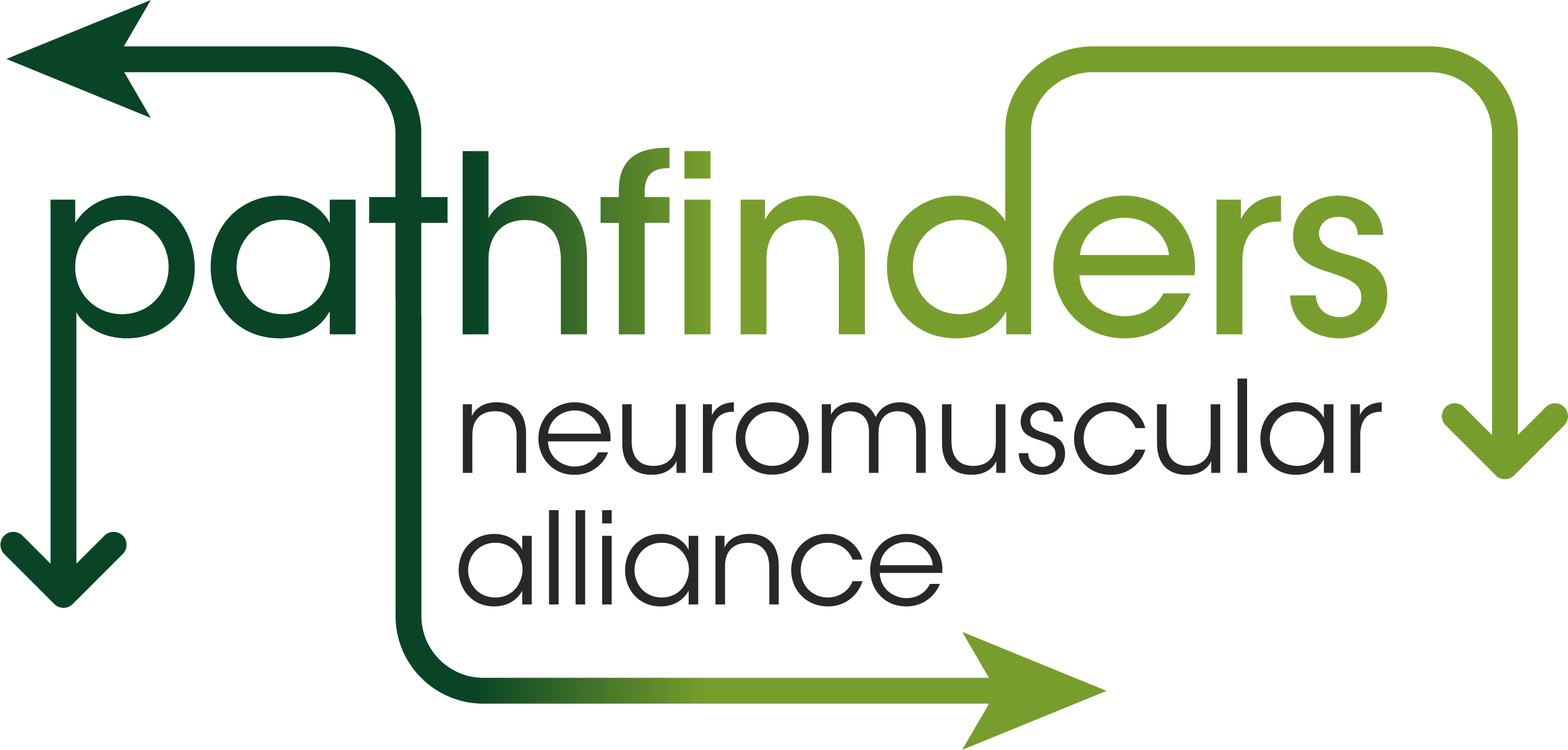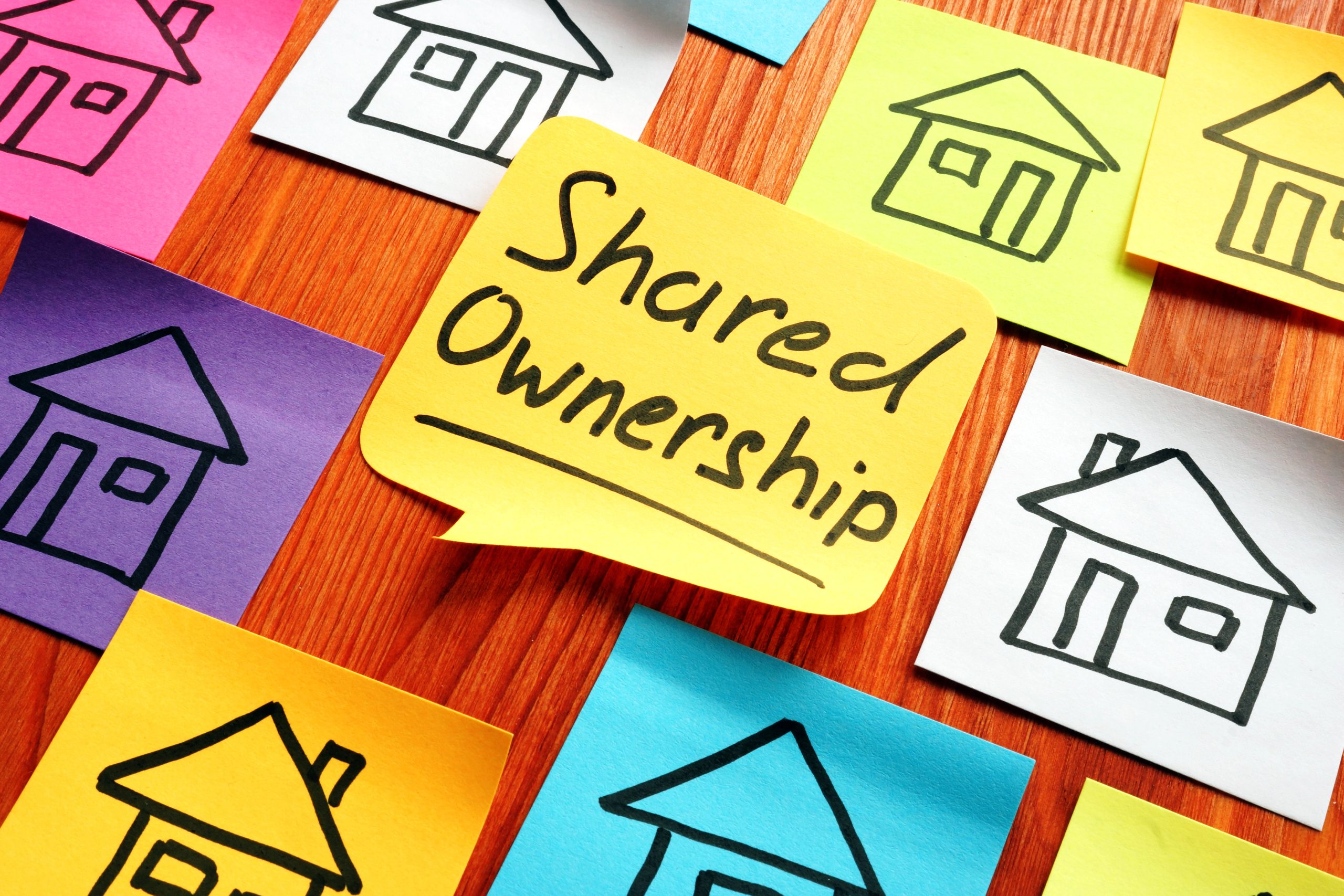What is shared ownership?
Shared ownership is an arrangement where you buy a share of your new home, usually with a mortgage, and pay rent on the rest. Usually you buy between 10% and 25%, but you can buy as high as 75%. You can also get shared ownership home through a housing association.
There are different rules for shared ownership in Northern Ireland and Scotland. Contact your local authority to find out about buying a shared ownership home in Wales.
Shared Ownership Eligibility
Shared Ownership is a stepping stone for those looking to buy their own home, but can’t quite afford to buy on the open market. Because of this, there are some specific eligibility criteria that you need to meet:
- You must be at least 18 years old.
- Your maximum household income must not exceed £90,000 per annum in London or £80,000 in the rest of England.
- You must be unable to purchase a suitable home to meet your housing needs on the open market.
- You do not already own a home, or you will have sold your current home before you purchase through the Shared Ownership scheme.
- You should have a deposit equalling the amount required for the share that you are purchasing. Remember that you don’t need to pay a deposit on the full market value of the property – just on the share you’re buying!
- You must show that you are not in mortgage or rent arrears.
- You must be able to demonstrate that you have a good credit history (that means no bad debts or County Court Judgements) and can afford the regular payments involved with buying a home.
Accessing shared ownership
Option 1:
Create an account on sharetobuy.com then follow their 10 Step Guide.
This option isn’t impossible with a disability, but it can be more difficult, as you have to be sure that you can find a suitable property.
Option 2:
You can apply for a scheme called Home Ownership for People with a Long-term Disabilities (HOLD) if other Help to Buy scheme properties do not meet your needs, for example you need a ground-floor property. With this scheme you can buy up to 25% of your home.
If you’re disabled, you can also apply for the general shared ownership scheme and own up to 75% of your home.
To buy a home through a shared ownership scheme, contact the Help to Buy agent in the area where you want to live.
You can only apply for the HOLD scheme if the homes available in the other shared ownership schemes don’t meet your needs, e.g. you need a ground-floor home.
Pros & Cons
Pros
- An avenue into ownership your own home
- No restriction on location
- Schemes available for people with disabilities
Cons
- National housing shortage limits your options
- You need financial security
- Being able to make large adaptations can be limited


